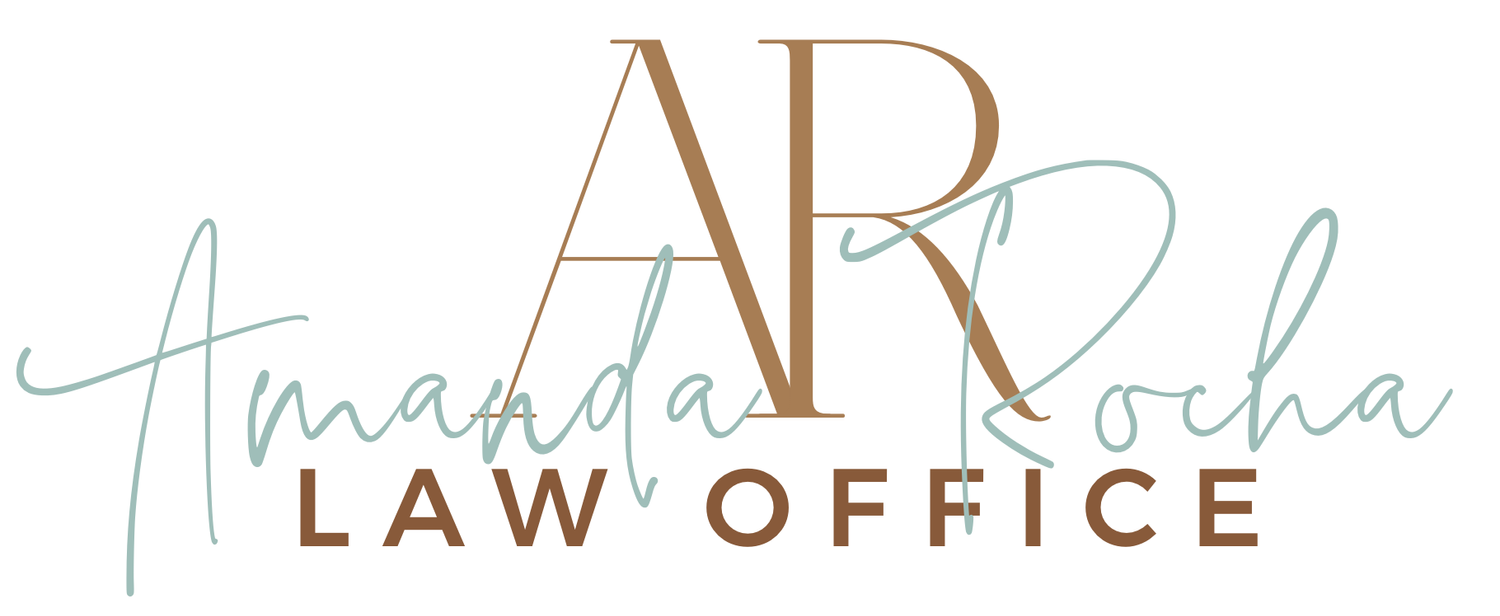Leaving Assets to Minor Children
Most parents want to make sure their children are provided for in the event something happens to them while the children are still minors. Grandparents, aunts, uncles, and good friends sometimes want to leave gifts to beloved young children too. Unfortunately, good intentions and poor planning often have unintended results. Don’t make these common, expensive mistakes. Instead, here’s how to both protect and provide for the children you love.
Common Mistake: Don’t Use a Simple Will to Leave Assets to Minor Children
Many parents think if they name a guardian for their minor children in their wills and something happens to them, the named person will automatically be able to use the inheritance to take care of the children. But that's not what happens:
● When the will is probated, the court will appoint a guardian to raise the child; usually this is the person named by the parents in their wills.
● But the court, not the guardian, will control the inheritance until the child reaches legal age (18 or 21).
● At that time, the child will receive the entire inheritance.
Most parents would prefer that their children inherit at a later age, but with a simple will, you have no choice; once the child reaches the age of majority, the court must distribute the entire inheritance in one lump sum.
Common Mistake: Avoid Court Guardianship
A court guardianship for a minor child is very similar to one for an incompetent adult.
● Things move slowly and can become very expensive.
● Every expense must be documented, audited, and approved by the court, and an attorney will need to represent the child.
All of these expenses are paid from the inheritance, and because the court must do its best to treat everyone equally under the law, it is difficult to make exceptions for each child's unique needs.
Correct Action: To Protect the Child and the Assets, Use a Trust
It is possible to create a trust within a will, however it will have to be probated, it will cost additional funds, and it can only provide for protection in case of death, not incapacity.
The best option is a revocable living trust, the preferred option for many parents and grandparents:
● The person(s) you select, not the court, will be able to manage the inheritance for your minor children or grandchildren until they reach the age(s) you want them to inherit, even if you become incapacitated.
● Each child's needs and circumstances - even special needs - can be accommodated, just as you would do.
● Assets that remain in the trust are protected from the courts, irresponsible spending, and creditors (even divorce proceedings).
For many folks, the absolute best solution is to keep the assets in trust for their lifetime or until assets get spent down. Assets that are trust protected are there for your child, but can’t be taken from them. Your children will grow up and need the continued protections you can provide in a revocable living trust.
Contact me today to schedule a free consultation to discuss the best options for you and the children you wish to remember in your estate plan.
